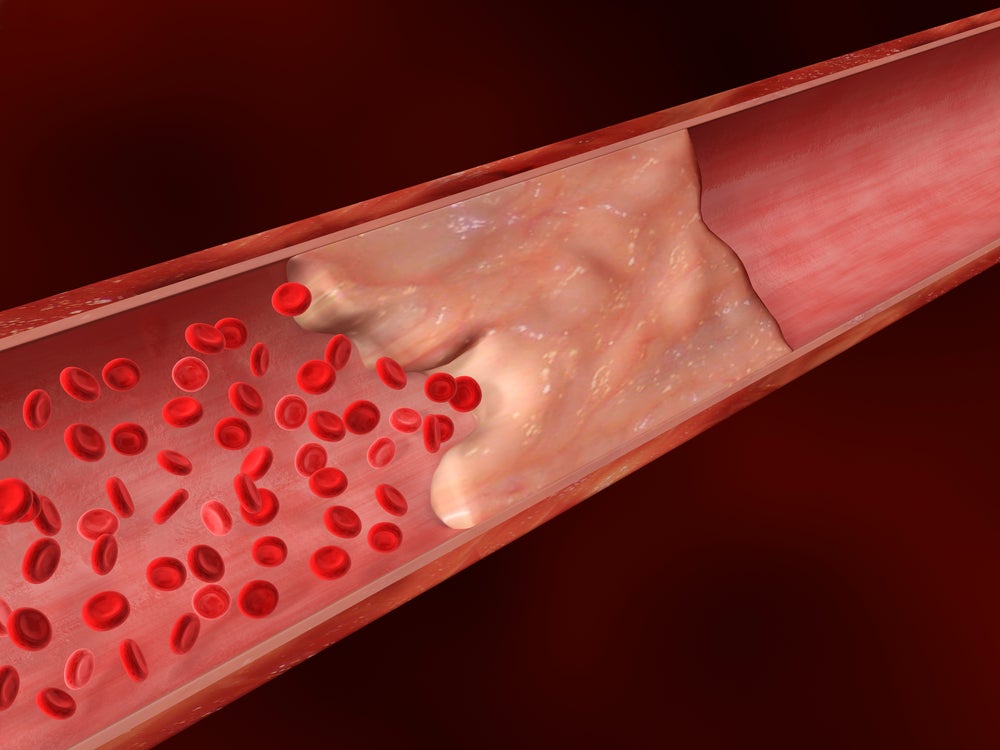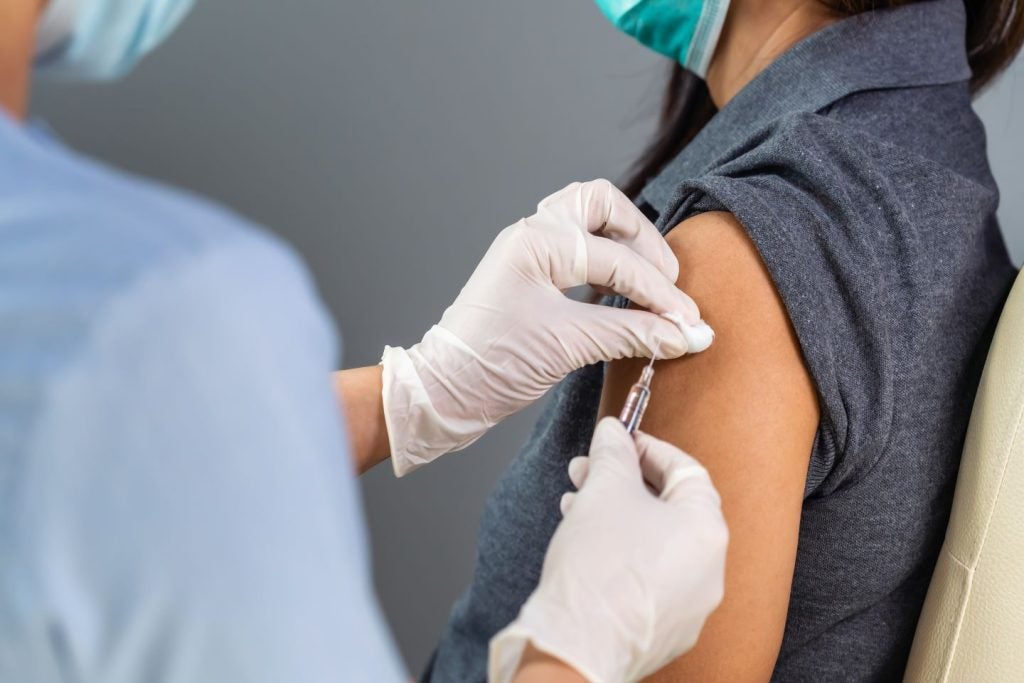Eli Lilly has reported positive outcomes from the Phase III QWINT-2 and QWINT-4 clinical trials of insulin efsitora alfa (efsitora) in adults with type 2 diabetes (T2D).
The trials demonstrated that efsitora achieved a non-inferior A1C reduction versus daily basal insulins, which are commonly used worldwide.
The QWINT-2 trial targeted insulin-naïve patients while QWINT-4 included individuals requiring multiple daily insulin injections.
QWINT-2 compared the efficacy and safety of efsitora to once-daily insulin degludec over 52 weeks.
The trial aimed to evaluate the performance of efsitora in patients both using and not using GLP-1 receptor agonists.
Efsitora met the primary endpoint in QWINT-2, showing non-inferior A1C reduction compared to insulin degludec.
Specifically, efsitora reduced A1C by 1.34%, resulting in an A1C level of 6.87%, while insulin degludec reduced it by 1.26%, leading to an A1C level of 6.95%.
Furthermore, efsitora matched insulin degludec in A1C change among participants regardless of their use of GLP-1 receptor agonists.
In the QWINT-4 trial, efsitora's efficacy and safety were measured against insulin glargine over 26 weeks in patients previously treated with basal insulin and mealtime insulin injections.
Participants were administered either efsitora once weekly or insulin glargine daily, in combination with insulin lispro.
Efsitora achieved the primary endpoint with an A1C reduction comparable to insulin glargine, both showing a 1.07% reduction and resulting in similar A1C levels.
Across both trials, efsitora was found to be safe and well-tolerated.
Eli Lilly product development senior vice-president Jeff Emmick said: “The results of QWINT-2 and QWINT-4 are a significant milestone for the diabetes community and demonstrate that efsitora as a weekly insulin provides blood sugar control equivalent to daily basal insulins.
"With efsitora, we have an opportunity to provide an innovative once-weekly solution that safely achieves and maintains A1C control, reduces the treatment burden of traditional daily injections and potentially improves adherence for people with diabetes."
In April this year, the company announced positive topline results from the SURMOUNT-OSA Phase III clinical trials, indicating that its tirzepatide therapy has the potential to reduce the severity of sleep apnoea in adults with obstructive sleep apnoea and obesity.















